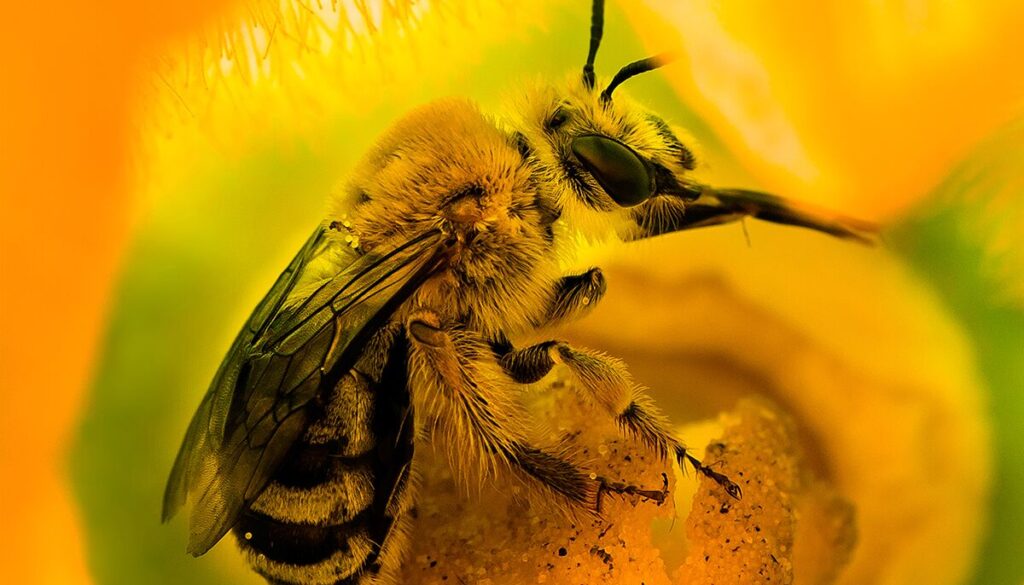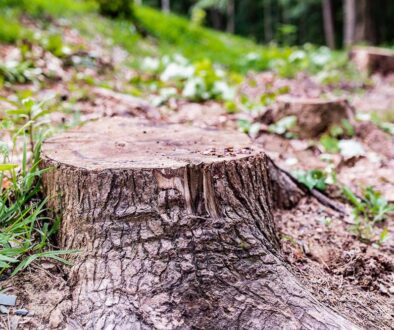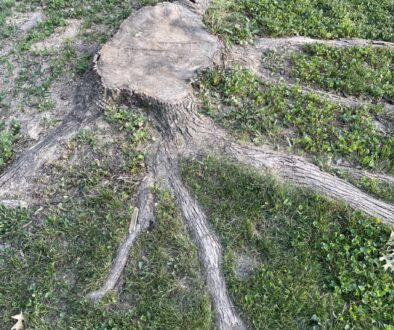The Role of Bee Pollination in Food Gardens
The Role of Bee Pollination in Food Gardens
The Role of Bee Pollination in Food Gardens. Bee pollination is highly advantageous for many food gardens, enhancing crop productivity and quality. Bees are essential for the cross-pollination of various fruits and vegetables, notably cucurbits such as squash and pumpkins, as well as tree fruits like apples and pears. Certain berries also depend on bees for optimal pollination.
Plant Pollination Methods
While some plants are capable of self-pollination or utilize wind to disperse pollen, the activity of bees in the garden can significantly improve outcomes. Their presence increases fruit set, improves the size of harvests, and boosts overall yield, making them a valuable asset in food production.
-
Plants that benefit from bee pollination:
- Cucurbits: Squash, pumpkins, cucumbers, melons, and watermelons all rely on bees (and other pollinators) for effective pollination.
- Tree fruits: Apples, pears, and other tree fruits benefit from bee pollination for fruit set and yield.
- Some berries: Strawberries, raspberries, and blueberries often require bee pollination.
- Tomatoes: While tomatoes can self-pollinate, bee pollination can improve fruit set and size.
- Cucurbits: Squash, pumpkins, cucumbers, melons, and watermelons all rely on bees (and other pollinators) for effective pollination.
-
Plants that don’t require bee pollination:
- Leafy greens: Lettuce, spinach, and kale don’t rely on bees for pollination.
- Cole crops: Broccoli, cauliflower, and cabbage don’t require bees for pollination.
- Root crops: Carrots, beets, and radishes are pollinated by other means.
- Legumes: Peas and beans don’t require bees for pollination.
- Tuber crops: Potatoes can produce a harvest without bee pollination.
- Leafy greens: Lettuce, spinach, and kale don’t rely on bees for pollination.
-
Wind pollination:Some plants, like grains (wheat, barley, etc.), rely on wind for pollination.
-
Self-pollination:Some plants can pollinate themselves, either within a single flower or between flowers on the same plant.
-
Importance of bees:Bees are crucial for cross-pollination, transferring pollen between different plants, which is vital for many fruits and vegetables to produce viable seeds and fruits.




